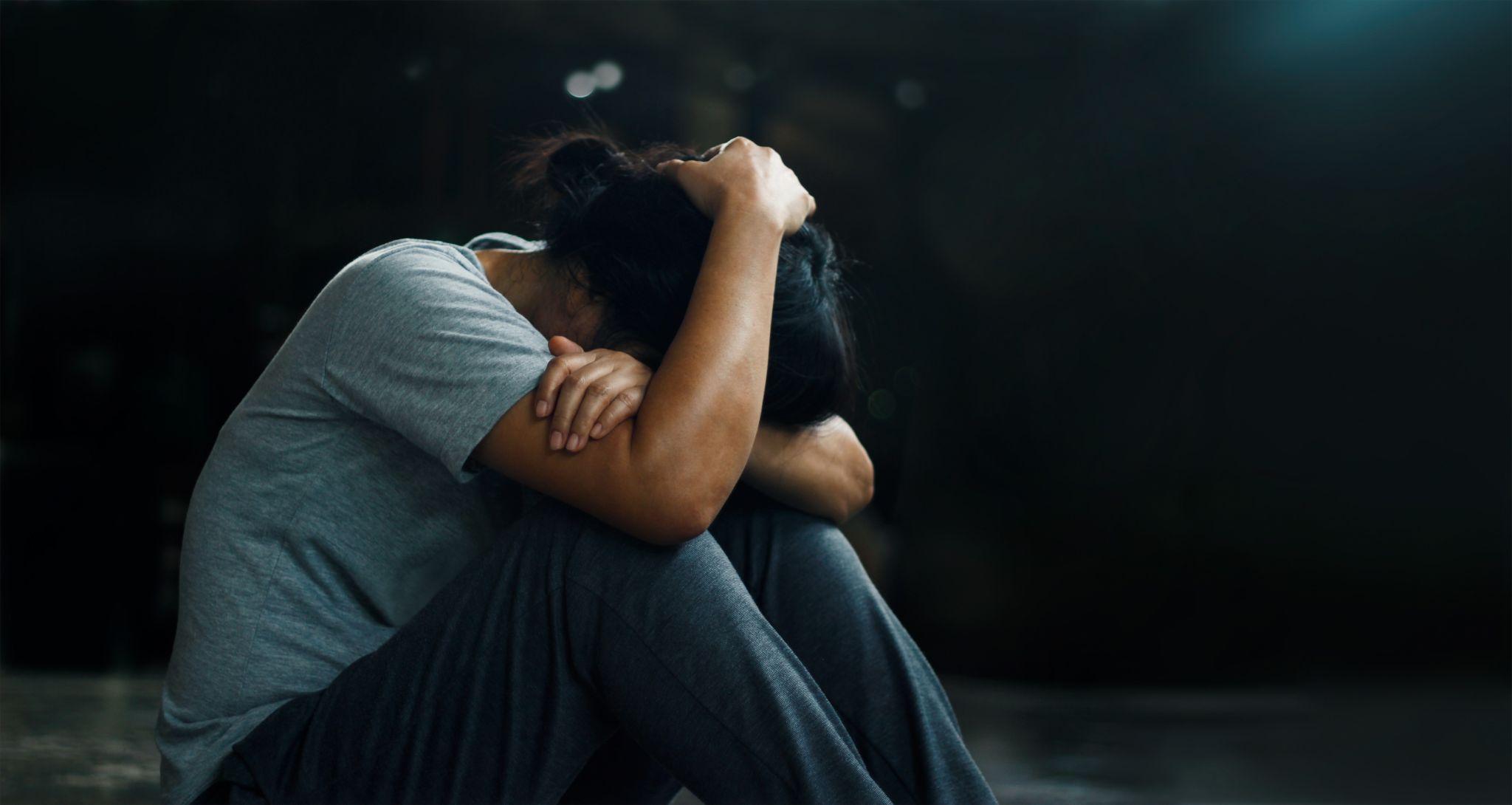Life often presents us with challenges, but for some, these challenges leave deep, lasting scars. Post-traumatic stress disorder (PTSD) is a mental health condition that emerges in the wake of overwhelming traumatic experiences, casting long shadows over the lives of those affected. People with PTSD carry the burden of their experiences daily, facing memories and emotions that can be paralyzing and pervasive.
Amidst this struggle, it’s not uncommon for drugs or alcohol to become a refuge. The allure of these substances lies in their ability to offer a temporary escape, a brief respite from the relentless torment of PTSD.
This dual struggle with PTSD and substance use disorder (SUD) is a stark reality for many, creating a complex web of emotional and physical challenges. By understanding this intricate relationship, we aim to illuminate paths toward healing and recovery, providing hope and support to those entangled in this struggle.
Exploring the Link Between PTSD and Addiction
The journey of the connection between PTSD and addiction is multifaceted and deeply personal. Individuals who have experienced a traumatic event often find themselves in the grip of intense, overwhelming emotions and memories.
The psychological landscape of PTSD is fraught with triggers that can reignite the trauma, leading to anxiety, depression, nightmares, and flashbacks. In seeking solace, many turn to drug abuse that promises a momentary escape from the pain.
This self-medication, however, is a double-edged sword. While drugs and alcohol may temporarily dull the pain, they also deepen the dependency, leading individuals down the path of addiction. The initial relief fades, replaced by a cycle of substance use that becomes increasingly difficult to escape.
This cycle is not merely a symptom of PTSD but a compounding factor that exacerbates the condition, creating a feedback loop where each disorder fuels the other. Substance abuse can numb the pain of PTSD, but it also hinders the ability to process and heal from trauma effectively.
Research highlighted by the U.S. Department of Veteran Affairs emphasizes the prevalence of this connection, revealing that individuals with PTSD are at a significantly higher risk of developing a substance use disorder. The reasons are multifaceted, encompassing the desire to self-medicate, to alleviate symptoms of PTSD, and to cope with the isolation, despair, and stigma often associated with these conditions.
Challenges in Treating PTSD and Addiction
Treating individuals who are battling both PTSD and addiction presents a unique set of challenges. These challenges stem from the intertwined nature of these conditions, where each disorder exacerbates the symptoms and progression of the other. This complexity requires a nuanced understanding and integrated treatment options that address both conditions simultaneously, a task easier said than done.
One of the primary challenges is diagnosis. The overlapping symptoms of PTSD and substance use disorders can mask one another, making it difficult for healthcare providers to identify and treat both mental disorders effectively. For instance, substance use may dampen or heighten PTSD symptoms, complicating the clinical picture and potentially leading to misdiagnosis or incomplete treatment plans.
Another significant challenge is engagement in treatment. Individuals suffering from PTSD may find it particularly hard to trust healthcare providers or engage in therapy due to trauma-related fear, anxiety, or paranoia. This challenge is compounded when addiction is involved, as substance dependence can diminish motivation for treatment or lead to denial about the severity of one’s condition.
Traditional treatment methods designed to address either PTSD or addiction in isolation may not be effective for individuals with co-occurring mental health disorders.
For example, some standard addiction treatments require a level of emotional stability and coping skills that those with untreated PTSD may not possess, while PTSD treatments may not account for the complexities of addiction, potentially leaving a critical aspect of the individual’s health unaddressed.
Strategies for Recovery

Despite these challenges, recovery from both PTSD and addiction is achievable with the right approach. Strategies for recovery must be holistic and integrated, acknowledging the complex interplay between trauma and substance use.
Integrated treatment programs are designed to address both PTSD and substance use disorders simultaneously, providing a coordinated approach that treats the whole person. Integrated treatment often combines psychotherapy, medication management, and support services to address the complex needs of individuals with co-occurring disorders.
Evidence-based therapies like cognitive behavioral therapy (CBT) are effective in treating both PTSD and addiction by helping individuals understand the connections between their thoughts, feelings, and behaviors.
Eye movement desensitization and reprocessing (EMDR) and prolonged exposure therapy are also proven therapies for PTSD that can be adapted to consider substance use issues, helping individuals process trauma and reduce reliance on substances.
Medication-assisted treatment (MAT) can play a crucial role in managing symptoms of PTSD and addiction. MAT can help stabilize mood, reduce cravings, and address underlying mental health conditions, making it easier for individuals to engage in therapy and recovery activities.
Holistic and alternative therapies such as mindfulness, yoga, and art therapy enhance well-being and provide additional tools for managing stress, anxiety, and emotional regulation. These therapies can complement traditional treatments by offering new ways to connect with oneself and process emotions.
Building a supportive network of peers, family, friends, community, and professionals is crucial for navigating the complexities of PTSD and addiction. This network can offer practical help, emotional support, and encouragement throughout the recovery process.
For those navigating the path to recovery, it’s important to remember that setbacks are a part of the journey. Healing from PTSD and overcoming addiction require time, patience, and perseverance. With the right strategies and support, individuals can rebuild their lives, finding hope and healing beyond their conditions.
Get Support for PTSD and Addiction With Lumina Recovery
Navigating the intricate relationship between PTSD and addiction is undoubtedly challenging, both for those directly experiencing these conditions and for their loved ones. But understanding this complex interplay marks the first step toward healing.
The journey of recovery, while fraught with obstacles, is also filled with opportunities for growth, resilience, and renewal. Through dual diagnosis treatment for PTSD/trauma and cognitive behavioral therapy (CBT), Lumina Recovery has many options for ultimate support during this personal experience.
Don’t hesitate to reach out to our supportive team to learn more about our treatment options and approaches.



